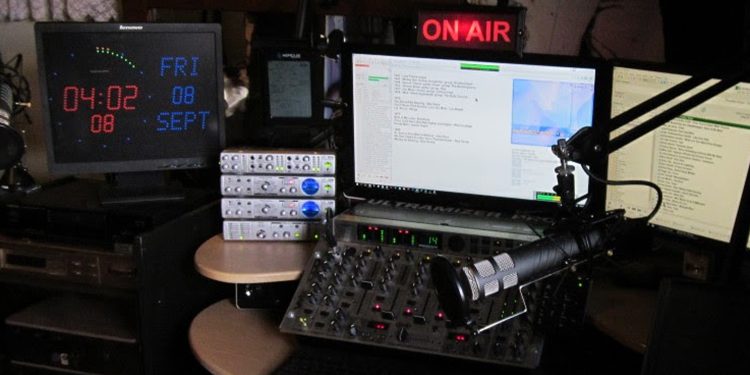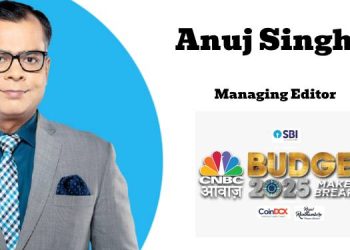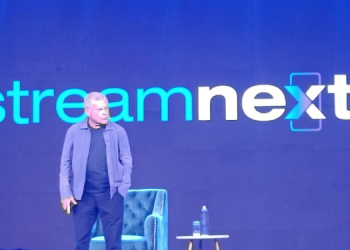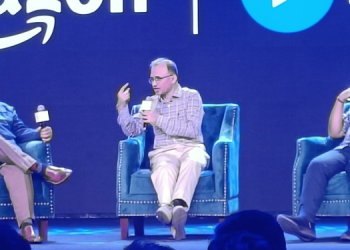Consolidation seems to be the need of the hour, especially in a scenario difficult for radio with the absence of a universally acceptable listenership measurement system, and the government restrictions on news and sports content. Radio would need the financial muscle consolidation, which would help it in the high-growth tier 2 and 3 markets.
Medinews4u.com spoke to a few experts to get their view on the same.
Harish Bhatia, MY FM
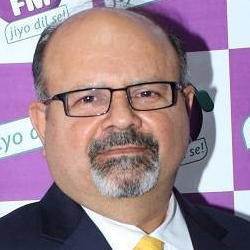
If the Radio industry needs to grow further and become relevant they should do the following things: First, they must bring in the currency to measure Radio as mutually agreed by agencies / clients and they themselves.
Second, create a website to share good practices across various regions of the nation.
Third, there must be consolidation, which is good because you will then have only serious players in the industry — mostly media companies.
Fourth, Radio being the choice of local medium in tier 2 and tier 3 towns, shall continue to grow – it’s free to use. Local RJs are the only stars fans can talk to or meet with, film stars don’t come and the way Some of the local stars have buildt themselves in local connect and daily story tellers, mostly motivational, so it’s not going to be a cakewalk for any platform to come and take over so easily.
Virendra Saini, Executive Vice President, Triton Communications.

M&A in the radio broadcasting space was imminent as high operating cost and government restrictions on broadcasting news & Sports made revenue margins very tight.
Acquisition makes big players become bigger, helping them benefit from economies of scale. Rate hikes may not happen in the short term because Radio as a medium continues to be least preferred over TV and Print; the radio adex still remains single-digit (4-6%).
Huge competition from digital streaming apps and music apps would keep rates in check.
In the long term, to counter competition and create head room for growth, broadcasters could come up with holistic packages of Radio on-air plus Digital radio. This would strengthen revenue growth via push content, radio concerts and activation.
Karan Taurani, VP – Research Analyst (Media) – Elara Capital :
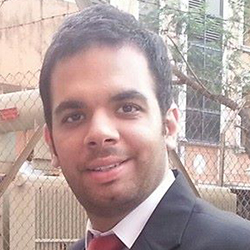
Consolidation in the radio industry is definitely a positive as it will lead to better bargaining power with Advertisers.
However, interest of corporate advertisers in the radio segment remains subdued due to lack of any proper listenership data (MRUC, which has been long delayed).
Further, consumption of music on digital platforms like Gaana, which have cut prices sharply, is another threat as urban audience moves towards digital.
In that case, radio remains to be more of a tier-2/3 market story where RJs have a big fan following; however prices in these markets remain very low and won’t do much to push overall growth of radio companies. Further, the large networks have not been able to command and grow pricing in the smaller markets as the latter is dominated by multiple local players which have a strong hold
Due to these concerns, consolidation may lead to bundled slot offerings as a desperate measure in troubled times which may hamper pricing of the radio companies, and this can, in turn, impact term growth

